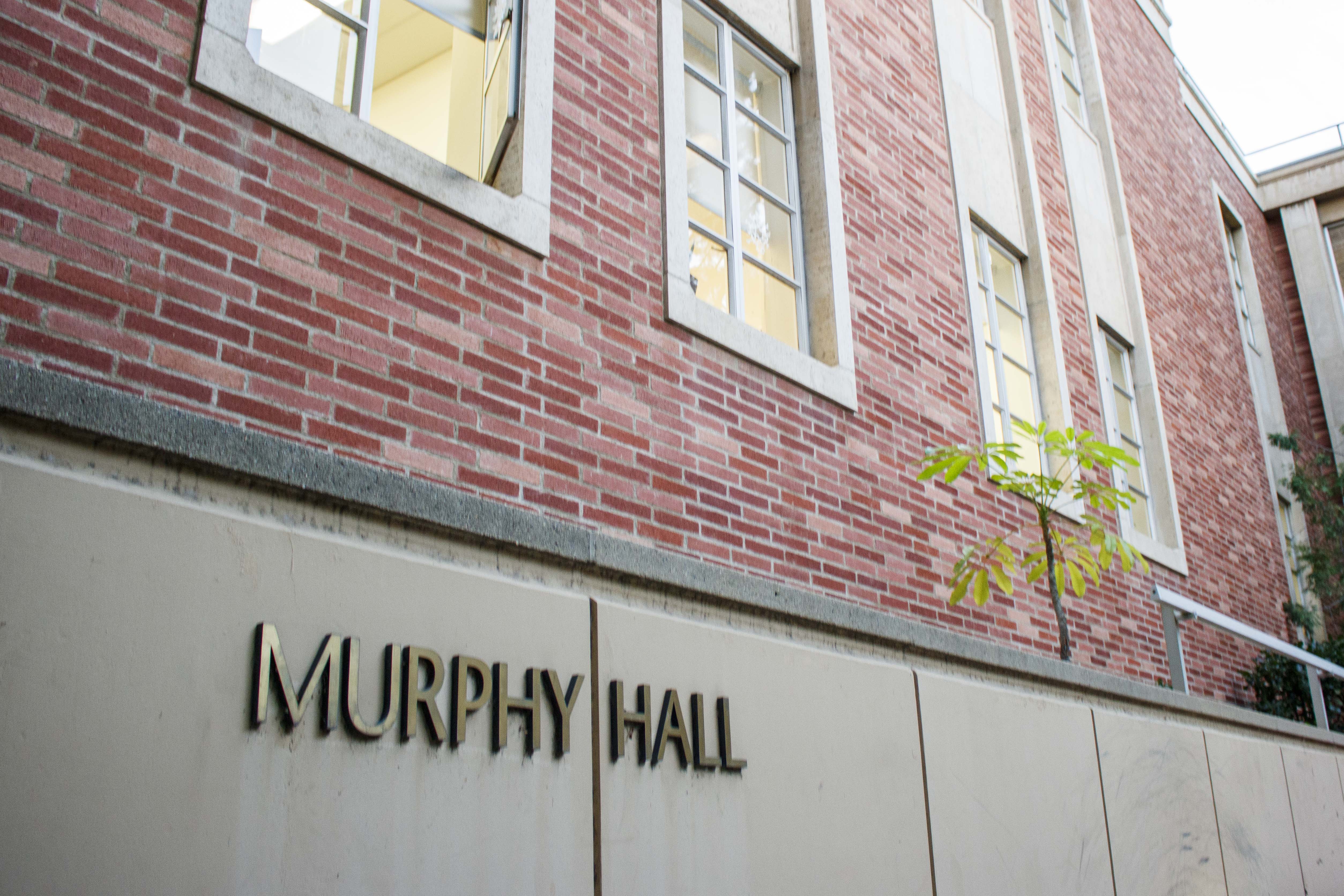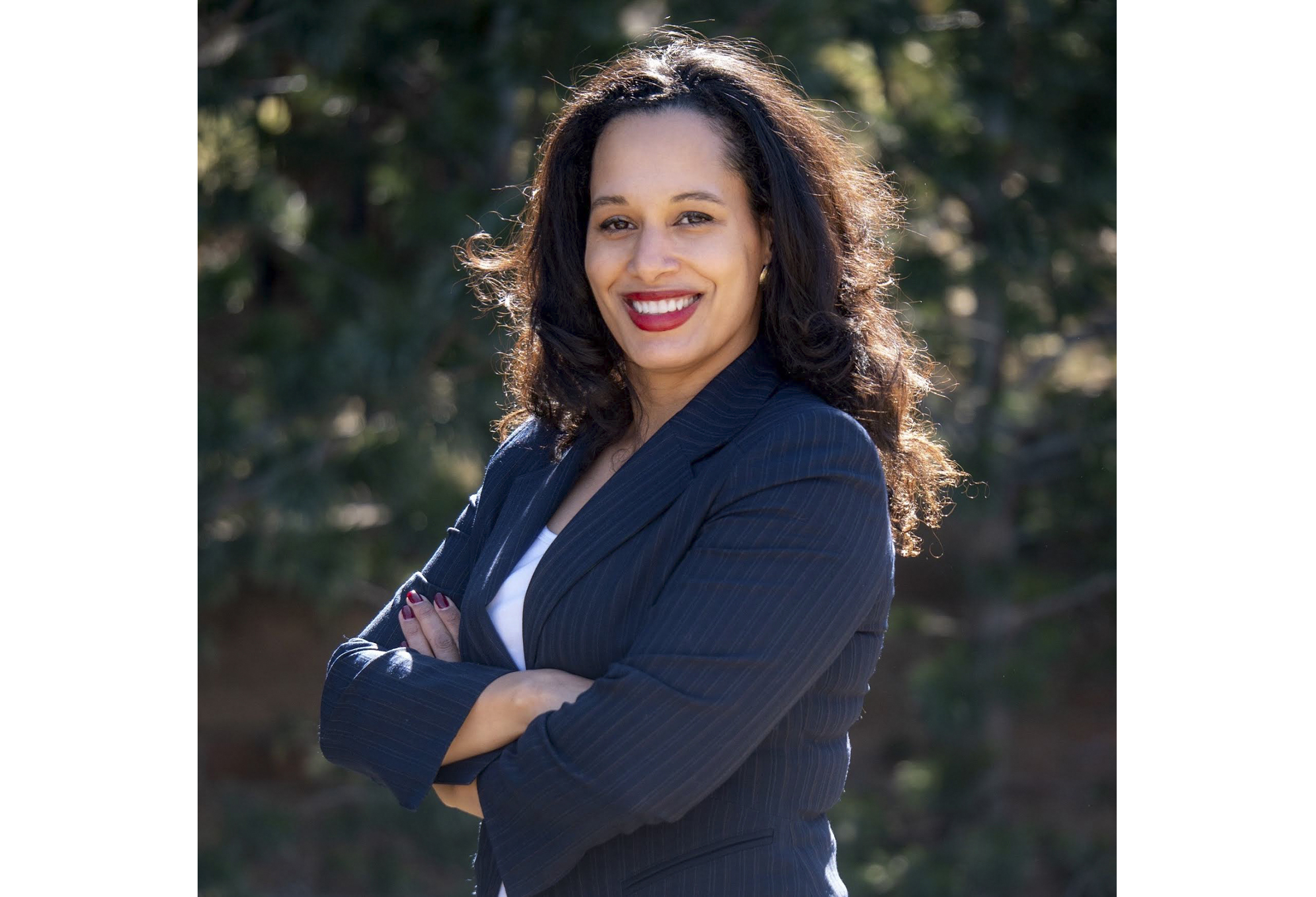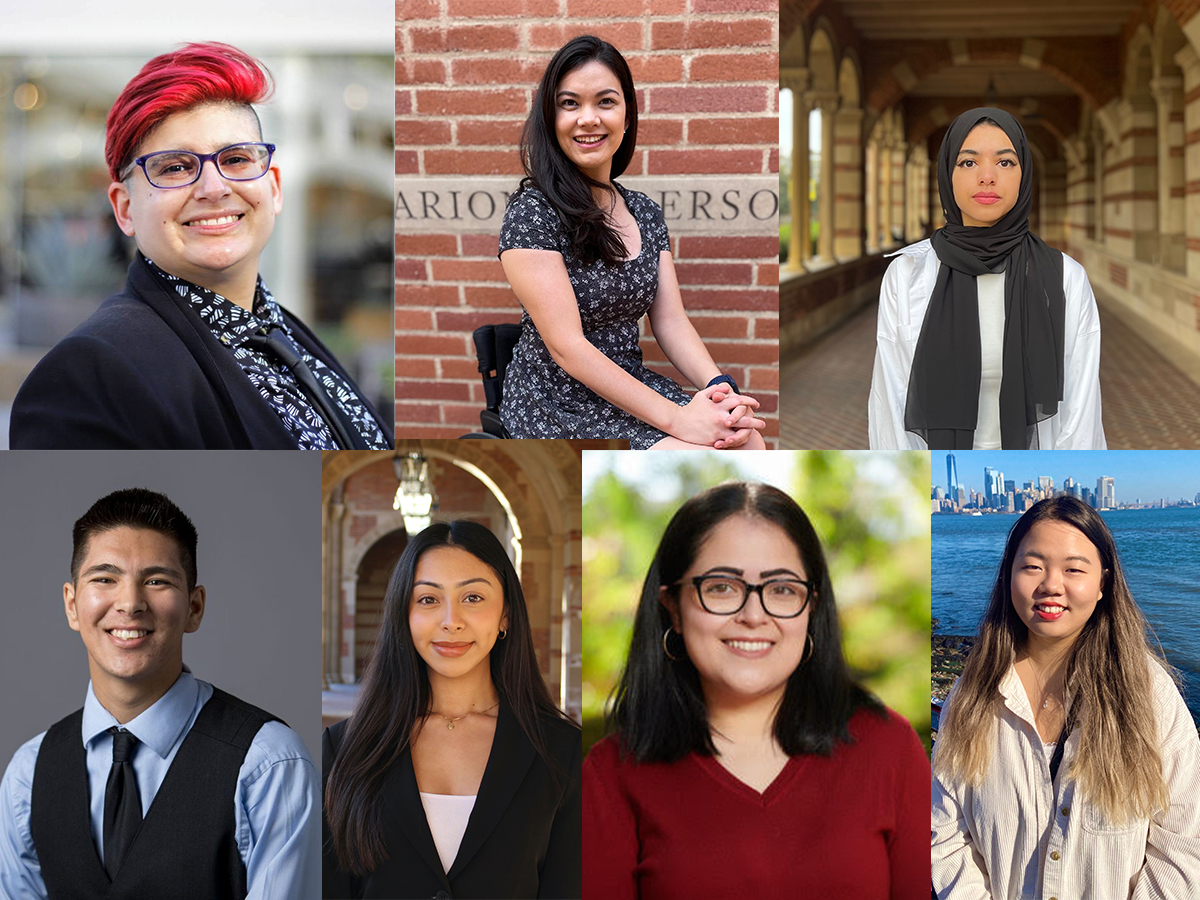Beyond Bruin Walk: Diversity, equity and inclusion programs must be defended rather than defunded

(Sid Francis/Daily Bruin)
Diversity, equity and inclusion: Three simple concepts that encompass the importance of fostering representation, providing accessible opportunities and celebrating differences among people of all backgrounds.
DEI programs should be considered a step in the right direction. Instead, their implementation has been met with harsh scrutiny across the nation.
To no one’s surprise, conservative state legislators have exercised their power to egregiously strike down countless efforts of DEI initiatives, with educational institutions being a major target. From the United States Supreme Court ruling against affirmative action to the banning of hundreds of books in school libraries across the country and the limiting of discussion of race and gender in classrooms, the attack on DEI at universities is stronger and more pervasive now than ever before.
Since 2023, 81 pieces of legislation have been introduced that would prohibit universities from having DEI offices, hosting mandatory diversity training, hiring with consideration of identity or even using diversity statements, according to the Chronicle of Higher Education.
While California has not yet seen any proposals of bills banning DEI efforts, our progressive political climate is far from the opposite reality of right-wing states that assert that these programs promote discrimination by favoring students based on race, ethnicity and gender.
In May 2023, Florida Gov. Ron DeSantis infamously signed legislation that would ban funding for DEI initiatives at Florida’s state universities, along with restricting discrimination topics from being discussed by educators in their classrooms. To make matters worse, this month the University of Florida removed all staffing positions related to DEI, closing the office of chief diversity officer and eliminating a variety of jobs.
This decision comes after a long track record of Florida state policies under DeSantis that have directly targeted underrepresented students of all ages, such as the “Don’t Say Gay” bill and the rejection of the AP African American Studies course.
Unfortunately, Florida is not alone in its relentless campaign against DEI programs. States such as Texas and Utah recently passed similar legislation, demonstrating a surge across the nation.
The elimination of DEI programs intended to support students of color, LGBTQ+ students, disabled students, low-income students and other marginalized students blatantly fails to serve the most vulnerable populations, further exacerbating disparities and perpetuating discriminatory practices in higher education. DEI initiatives should be welcomed by all universities as a progressive effort to dismantle oppressive systems that were historically designed to place barriers to success for underrepresented communities.
The benefits of DEI, while substantial, are often difficult to fully parse because of how expansive its definition has become, as a result of both its broader acceptance and the rise of anti-DEI backlash campaigns.
Today, DEI encompasses a variety of activities and programs, from diversity training and recruitment programs to efforts at implementing greater transparency and accountability about critical decisions made in corporate boardrooms or campus offices.
Most sources tie the origins of these programs to the Civil Rights Movement and the introduction of federal anti-discrimination legislation in the 1960s. Diversity programs, alongside racial quotas and other forms of race-conscious admissions that categorized affirmative action policies at the time, emerged then to redress the stark underrepresentation of students of color at predominantly white institutions.
In truth, however, these programs were and are products of the complex and often messy legacy of past efforts to combat the lasting effects of enslavement, colonial violence and the systemic inequities that continue to shape our society.
Even in the face of efforts to build a new interracial democracy that characterized the Reconstruction era after the Civil War and the Civil Rights Movement or more recent instances such as the Black Lives Matter movement, racialized hierarchies of power and discrimination have continued to perpetuate themselves in this country in dramatic ways.
A 2021 report from the Othering & Belonging Institute at UC Berkeley found that over 80% of major metropolitan areas in the US were more segregated in 2019 than they were in 1990.
Furthermore, a 2024 report from the Brookings Institution determined that the racial wealth gap grew during the COVID-19 pandemic, with Black households having only $15 for every $100 that white households held in 2022.
The evidence points to a nation that is becoming even more polarized along the lines of race and class. It is this context that makes the conservative campaign against DEI programs so fundamentally perplexing.
DEI initiatives at companies and institutions of higher education are fairly limited, focusing often on fulfilling corporate objectives such as increasing financial performance or employee retention.
Even at major universities, DEI programs – while still incredibly important – are not especially radical in their approach. For instance, consider UCLA’s Office of Equity, Diversity and Inclusion, which was established in 2015. The office lists most of its initiatives on its website, including writing accountability reports, hosting diversity training sessions and providing funding for fellowships and grants for students.
Even if DEI’s gradual approach to encouraging greater diversity and shaping campus culture often appears insufficient, it is far more benign than the political boogeyman that conservative politicians have made it out to be.
The disconnect between the propagandistic vision of DEI weaponized by conservative leaders to rile up their political bases and the actual experience of DEI programs on campuses has sparked a great deal of student resistance to government efforts to dismantle them.
At the University of Florida – where only about $5 million, or about 0.14% of its budget, was spent annually on DEI programs – the firing of university employees, including those in the Chief Diversity Office, has been met with strong pushback from students.
According to the Independent Florida Alligator, UF’s student newspaper, much of this concern has been tied to the uncertainty surrounding the university’s Center for Inclusion and Multicultural Engagement, which hosts a variety of offices and programs for diversity efforts.
In an opinion piece published by the paper, UF student Ronin Lupien, an ambassador for the University Multicultural Mentorship Program, one of the center’s long-term initiatives, laments the impacts of the state’s anti-DEI campaign and requests the intervention of UF administration to protect UMMP, which helps mentor hundreds of UF students every year.
“The program single handedly raises students like me or others,” Lupien wrote. “It puts us on the path to becoming Gator alumni. If lost it means some may sink into the background.”
Student leaders at UF have condemned the firings of UF employees and the broader campaign against DEI in Florida universities. DEI, they argue, is not “toxic” – as DeSantis described the university’s programs after their closure. Rather they say it is a foundational part of the UF’s campus culture.
Despite conservative efforts to tear down DEI initiatives, they should not be villainized but rather uplifted as a path toward cultivating an environment where all students, faculty and staff can holistically thrive with accessible resources.
Opponents of DEI argue that granting specific support to minorities discriminates against other students – namely, white men – who do not benefit from these programs in the same way. This reasoning overlooks the inequities that these programs are designed to combat in the first place.
In fact, students tend to perform better academically when they are supported by diversity initiatives because of the sense of community that these programs foster. Studies show that these feelings of belonging and value improve student motivation, increasing achievement and enjoyment of the academic experience.
Additionally, a 2022 study from The Education Trust found that there is a connection between faculty diversity and higher academic success. An elimination of DEI programs reduces the support and resources for underrepresented groups on campus, which will likely have adverse effects on student retention.
Opponents have cited studies to argue against DEI programs that analyze a few large university programs and present their limited impact on diversity. However, this is not a reflection on the overall impact of DEI programs but rather a reflection of the poor efficacy of certain divisions.
To generalize that DEI should not be supported because of individual cases is to strip a necessary resource from many students who benefit from their university’s initiative.
DEI programs not only enable students to feel more welcomed on their campus, but they also have a direct connection to higher academic achievement, particularly for students of color. These initiatives should be promoted within higher education, and removing them is undeniably a step in the wrong direction. Efforts to eliminate DEI reinforce systemic barriers against underrepresented students.
DEI initiatives are necessary to not allow history to repeat itself. Race, class, gender, ability status and other identities matter. They have historically opened doors for some and closed them for others.
We must acknowledge the systemic injustices of the past, dismantle oppressive structures of the present and build a more equitable society in the future – but this time, with marginalized communities having a seat at the table.








